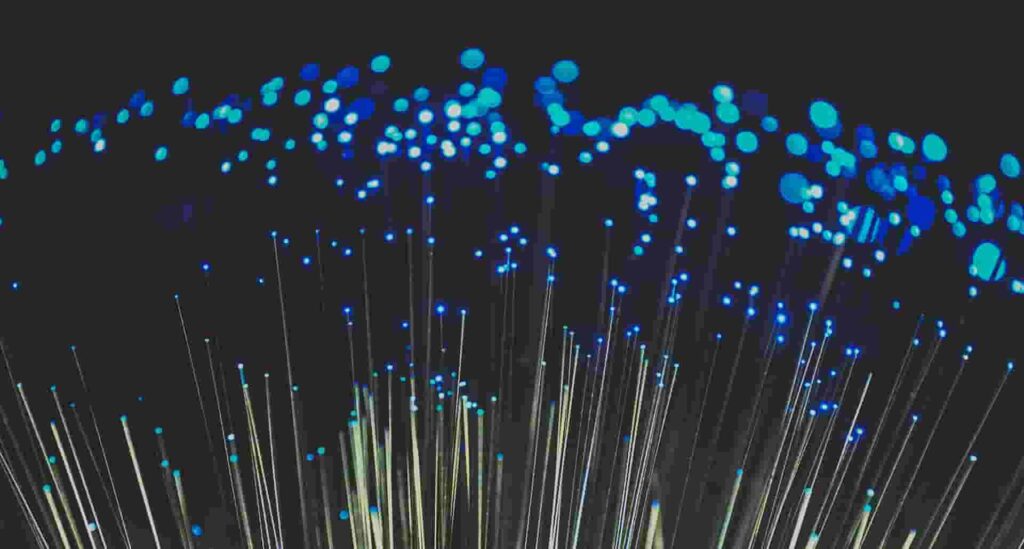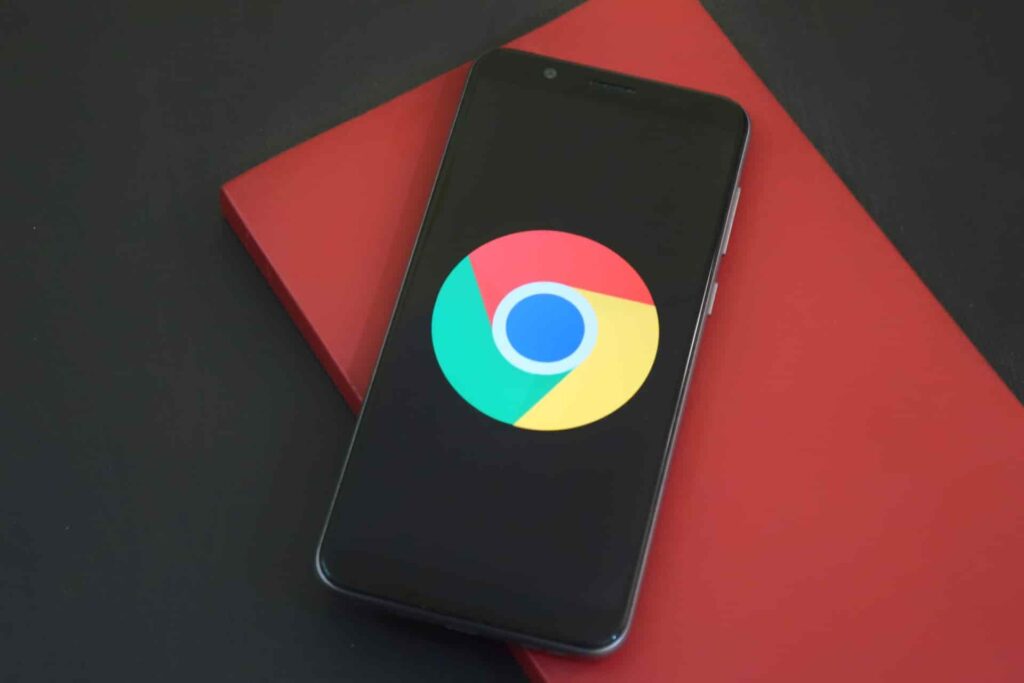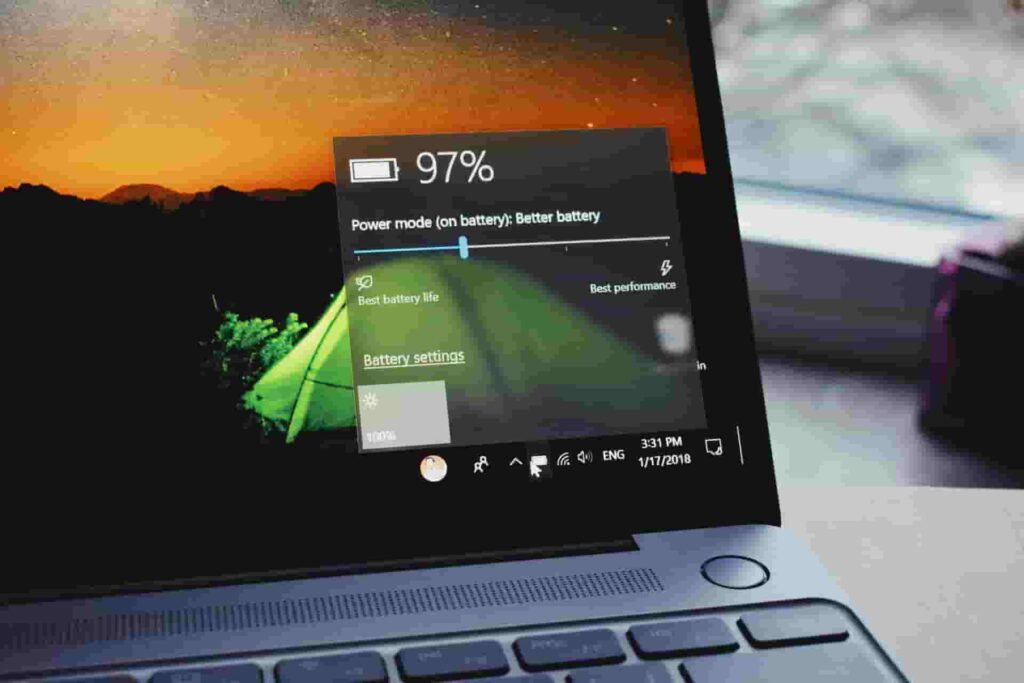A form of broadband internet connection known as fiber-optic internet transmits data via fiber-optic cables. These cables are constructed from thin, coiled strands of glass or plastic that have been covered with a coating of protection. They are ideal for high-bandwidth applications like streaming video, online gaming, and video conferencing since they can send data at incredibly fast rates.
How Optical Fiber Internet Works
Data is sent via light signals that are conveyed through fiber-optic cables in a fiber-optic internet connection. The data is transformed into a sequence of light pulses at one end of the line by a device known as a transmitter.
After being transmitted across fiber-optic cables to the opposite end of the connection, these light pulses are subsequently transformed back into data by a device known as a receiver.
Each strand of glass or plastic that makes up a fiber-optic cable is only a little bit thicker than human hair. To create the cable, these strands are bundled together and covered in a layer of armor. Light signals pass through the hollow center, or “core” of the cable, which is hollow on the inside.
Download speeds vs upload speeds of internet fiber
Fiber-optic internet connections often offer upload rates that are slightly slower than download speeds. Upload speeds are the rates at which data is transmitted from your device to the internet, whereas download speeds are the rates at which data is transferred from the internet to your device.
Fiber-optic internet connections have the potential to have very fast download rates, frequently exceeding 100 megabits per second (Mbps). This is quick enough to accommodate several high-bandwidth tasks concurrently, including HD video streaming, online gaming, and video conferencing.
Even while the upload speeds of fiber-optic internet connections are frequently fairly high, they may not be quite as fast as the download rates. Most online activities may be completed with upload rates of 50 Mbps or more, which are available with some fiber-optic internet services.
Benefits of Optical Fiber Internet
There are plenty of benefits to using a fiber-optic internet connection:
- Speed: Download speeds on fiber-optic internet connections frequently exceed 100 megabits per second (Mbps) because of their high speed. They are therefore suitable for high-bandwidth applications like video conferencing, online gaming, and streaming video.
- Reliability: In contrast to copper connections, fiber-optic cables are not as prone to interference or deterioration. This implies that compared to other internet connection types, fiber-optic connections are often more dependable.
- Durability: Fiber-optic cables are extremely robust and damage-resistant. Hence, they are a durable and reliable choice for internet access.
- Security: Fiber-optic cables are less vulnerable to eavesdropping or manipulation than other forms of internet connections since they employ light signals to transport data. They are therefore a safer choice for sending sensitive data.
- Future-proof: Fiber-optic cables will be able to meet the rising need for bandwidth as technology develops and as the desire for faster, more dependable internet connections rises.
Disadvantages of Fiber Optic Connections
- Accessibility: Not all locations have fiber-optic internet. It may not be a choice for those who live in more rural or isolated places because it is often only offered in more metropolitan or developed areas.
- Cost: Compared to other internet connection options, fiber-optic connections might be more expensive. The infrastructure needed to build up a fiber-optic network is more complicated and expensive to establish than other types of networks, which may contribute to this.
- Compatibility: It’s possible that some gadgets won’t work with fiber-optic internet connections. Older equipment might not have the appropriate connector or adaptor to connect to a fiber-optic network, for instance.
- Dependence on physical cables: In order to transport data, fiber-optic internet connections use actual wires. This implies that the internet connection might be lost if the cables are damaged or interrupted in some other manner.
FAQ
Is Fiber Internet better than wifi?
Is fiber better than 5G internet?
Does fiber optics require electricity?
Do you know about Virtual Positioning System?



